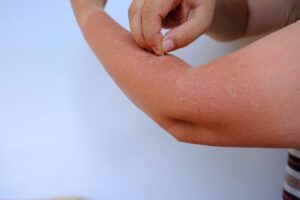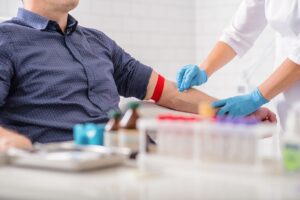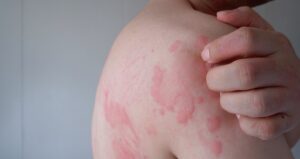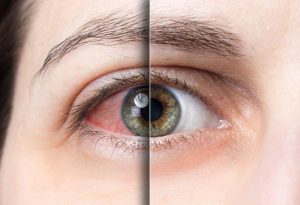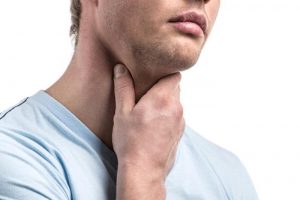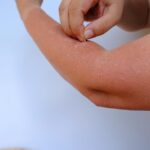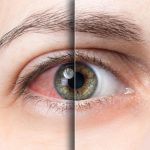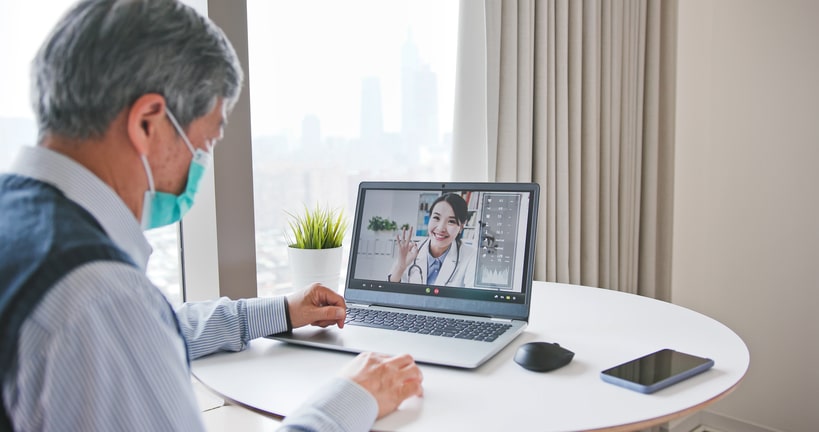Most everyone develops a cut or scrape on occasion, and many such wounds heal on their own or with simple homecare. More serious cuts, however, may require medical treatment. In those cases, making sure you get the care you need before too much time passes can help ensure proper and efficient healing and lower your risk for potential complications down the road.
If you’re experiencing difficulties from a cut or scrape, Family Urgent Care can provide the care you need. Read on to learn how to determine whether a visit for your wound is in order, as well as which treatments we may recommend.
Considerations for medical care
A variety of factors influence whether a cut benefits from or even requires medical care. The size of the cut, for example, is especially important. If your cut is deeper or longer than half an inch, you might need stitches, antibiotics, or both. A wound that’s gaping open or reveals bone or fatty tissue should definitely be seen promptly by one of our specialists.
Other reasons to seek urgent care for your cut include:
- Bleeding that doesn’t stop after 10 minutes of applied pressure
- Cuts affecting delicate areas of your skin, such as near your eyes or genitals
- Spurting blood, which may mean you’ve hit an artery
- Red streaks that branch out from your cut
- Injury from a dog bite or rusted nail
- Presence of rocks, glass, or debris in a cut
- Additional symptoms, such as warmth, discharge, severe pain, fever, or inflammation, which may indicate an infection
Medical care for cuts
Treatment for cuts vary, based on factors such as the location, severity, and cause of your injury. Important steps to take at home include washing your hands to avoid infection, and then applying pressure with a clean bandage or cloth. Elevating the wound until the bleeding stops or until you get the medical care you need can help, too.
At Family Urgent Care, we’ll likely clean your wound to lower your risk of infection and conduct an exam to determine your best treatment. Your recommended care may include stitches, wound dressing, a tetanus shot, and/or antibiotics. Your provider will also discuss any follow-up home care you may need, such as replacing your bandage or dressing routinely, and answer any questions you may have. If you’re in pain, we may recommend gentle use of ice packs or an over-the-counter pain-relieving medication.
To learn more about urgent care for cuts and scrapes, call us at either of our locations, drop in at one of our walk-in clinics, or book an appointment using our online scheduler. We also offer telehealth visits.





